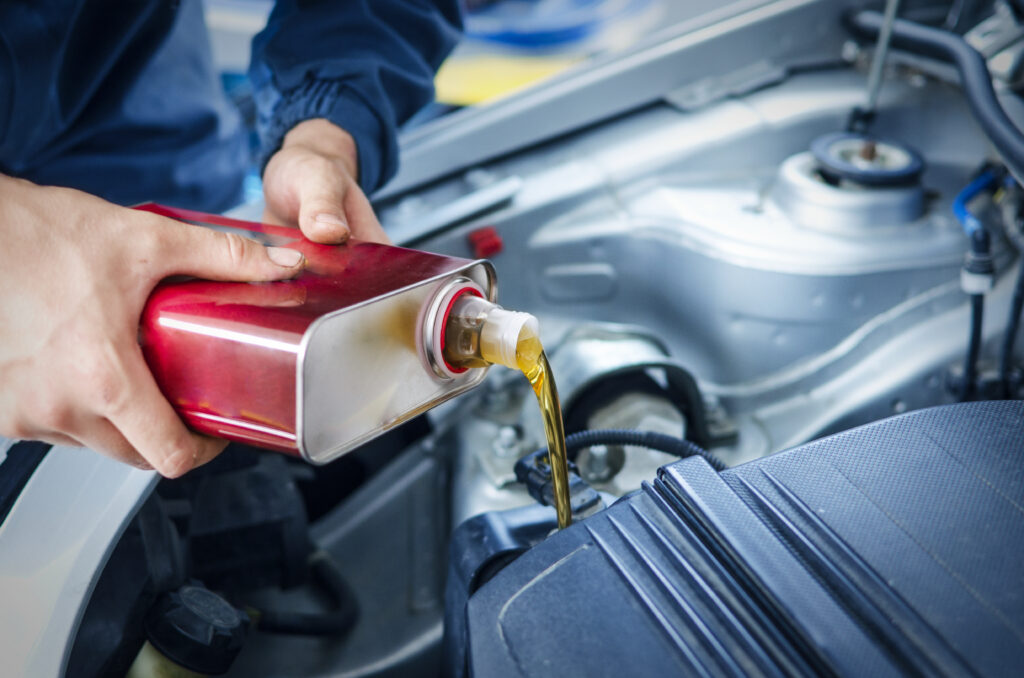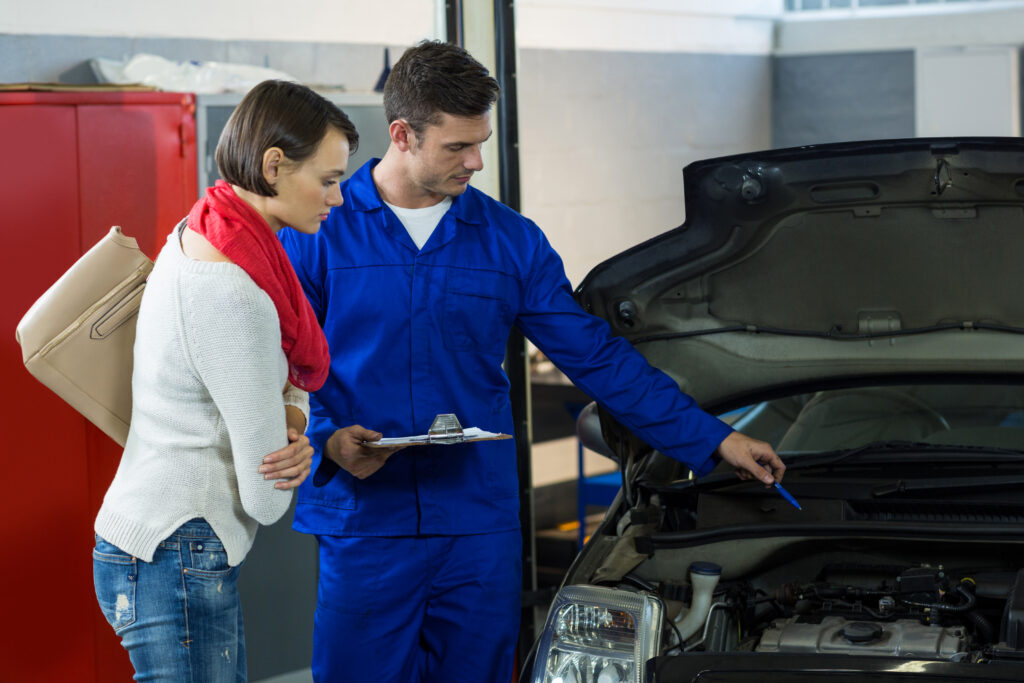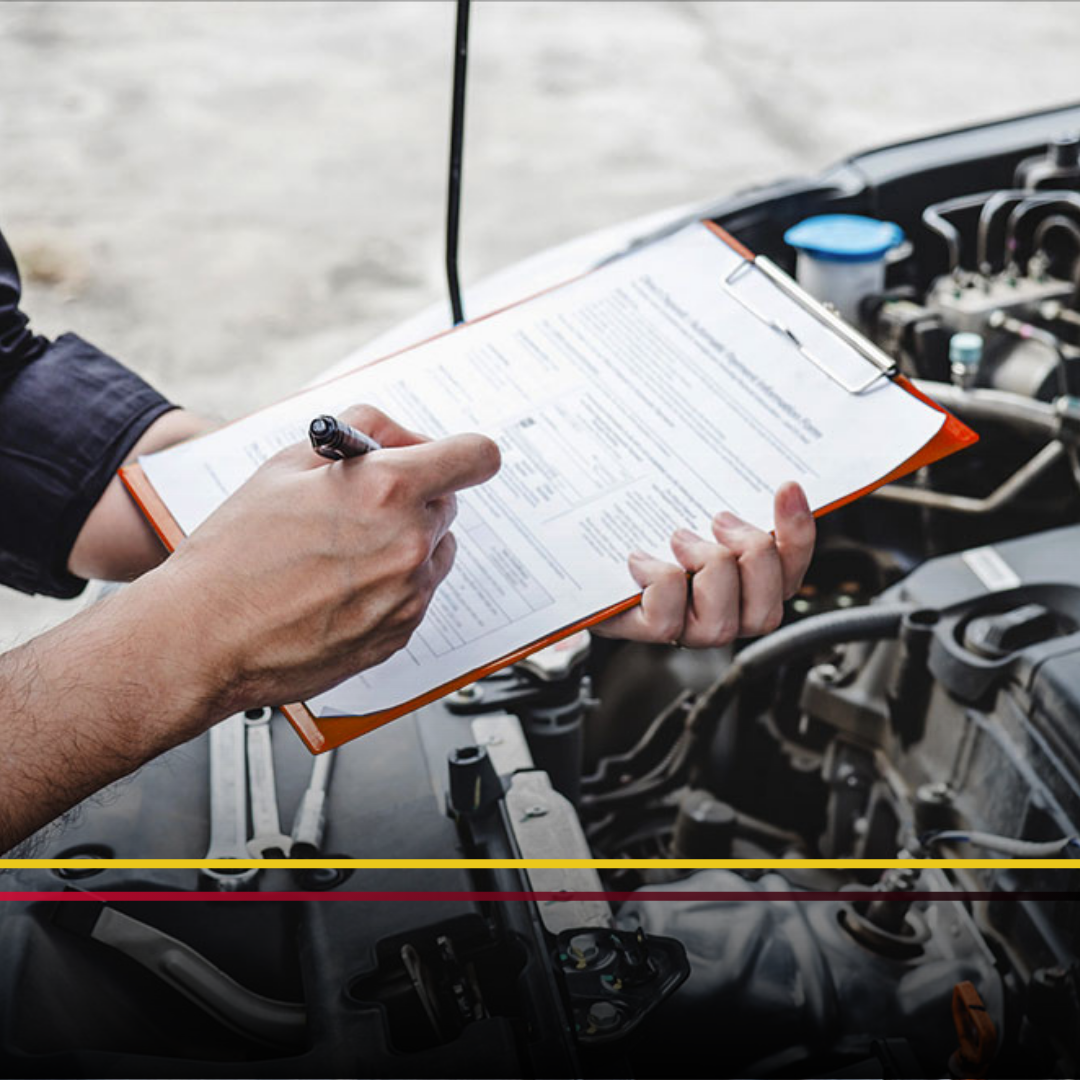Regular car maintenance is crucial for ensuring that your vehicle performs at its best, remains safe to drive, and enjoys a long lifespan. Neglecting routine upkeep can lead to unexpected breakdowns, costly repairs, and compromised safety on the road. In this blog post, we will delve into three fundamental car maintenance tips that every driver should be aware of to keep their car in top-notch condition.
Whether you’re a seasoned car owner or new to driving, these tips will help you maintain your vehicle’s health and enhance your driving experience. From the importance of regular oil changes to the benefits of proper tire care and the necessity of routine inspections, we’ll cover everything you need to know to ensure your car runs smoothly and reliably.
Steps For Optimal Car Performance:
Regular Oil Changes:
To maintain your vehicle in optimal condition, regular oil changes are a crucial aspect of your preventative car maintenance regimen. Over time, motor oil degrades, reducing its effectiveness in breaking down particles that accumulate in the engine.
While filters can trap some of this debris, they have a limited capacity, and eventually, these particles can infiltrate the engine. This buildup, along with the reduced friction caused by dirty or insufficient oil, leads to premature engine wear and decreases in performance and fuel efficiency.

Tire Care & Maintenance:
Ensuring your tires are properly inflated is vital for extending their lifespan. Under or over-inflated tires wear unevenly and don’t last as long. For example, a tire that’s consistently 20% under-inflated can have its lifespan reduced by 20%, wearing out after 48,000 miles instead of 60,000 miles. Additionally, since tires on different axles and sides of your car wear down differently, rotating them regularly ensures even wear and longer life.
Proper tire maintenance also saves money on fuel. Under-inflated tires increase rolling resistance, requiring more effort from the engine and thereby using more fuel.

Routine Inspections:
The Value of Routine Inspections – identifying potential issues early, including checking fluid levels, inspecting brakes, and monitoring for unusual noises or vibrations, to prevent costly repairs and ensure safety on the road.

In conclusion, regular car maintenance is not just a recommendation but a necessity for ensuring your vehicle’s optimal performance, safety, and longevity. By adhering to a consistent maintenance routine that includes regular oil changes, proper tire care, and routine inspections, you can prevent unexpected breakdowns, avoid costly repairs, and enhance your overall driving experience.
Taking these preventative measures will not only keep your car running smoothly and efficiently but also provide you with peace of mind knowing that your vehicle is in top condition. Remember, a well-maintained car is a reliable car, and investing in its care today will pay off in the long run.





Comments are closed